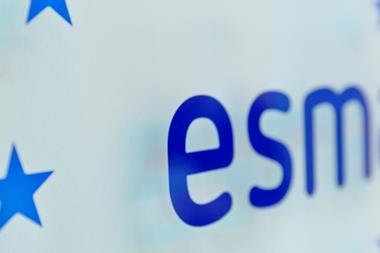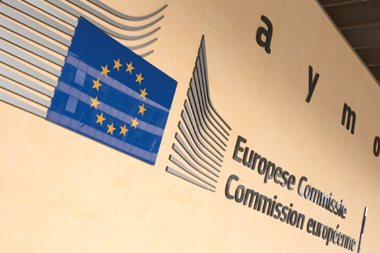The UK’s HM Treasury has published a call for evidence seeking input from industry stakeholders on pension funds’ exemption from the clearing obligation, to inform the government’s long-term approach.
Back in March, the government announced that it intended to extend the exemption until 18 June 2025. Secondary legislation to make this extension came into force in June 2023.
When making this extension the government noted that it would conduct a review of the exemption ahead of June 2025 and that this review would aim to consider and implement a longer-term policy approach which would not require further temporary extensions to be made.
The government noted that the review would be undertaken alongside the UK regulatory authorities and would seek input from industry stakeholders.
The call for evidence launched today requests input from industry stakeholders on the pension fund clearing exemption.
It seeks views on hedging and use of the exemption; bilateral markets and particularly how firms currently use these markets and what potential benefits they provide compared to clearing; facilitating clearing and meeting variation margin requirements; the autumn 2022 LDI crisis; and the impact of expiry of the exemption.
The information collected will be used to inform the government’s review and the final policy decision on the future of the exemption.
The call for evidence will remain open until 5 January 2024.
Background
Under the European Union’s European Markets Infrastructure Regulation (EMIR) pension funds in Europe are obligated to clear derivatives.
Under EMIR all counterparties trading in the European Union are required to post cash, rather than bonds, as the collateral to clear derivatives’ exposures.
However, because pension funds do not usually hold large cash reserves, this requirement is more challenging for pension funds to meet, and they may have to sell assets such as Gilts.
This, the government said, could have a negative impact on the stability of financial markets, particularly in a stressed market where funds need to raise cash quickly to meet increased margin calls.
To address this issue, an exemption was established in EMIR when the clearing obligation was introduced. As a result, pension scheme arrangements, and firms established to compensate scheme members, are exempt from clearing derivatives contracts used to hedge risks which directly relate to their financial solvency – for example, where they use derivatives to hedge against interest rate and inflation movements to ensure that they can meet their obligations to their members.
The exemption meant that pension funds could continue to operate these contracts bilaterally if they wished. This was intended to be temporary until a solution was found which would enable pension funds to provide cash collateral to CCPs without having an adverse effect on the retirement benefits of pensioners.
The exemption was extended several times by EU authorities and then maintained (and extended again to June 2023) when EMIR was incorporated into UK law.
Read the digital edition of IPE’s latest magazine























